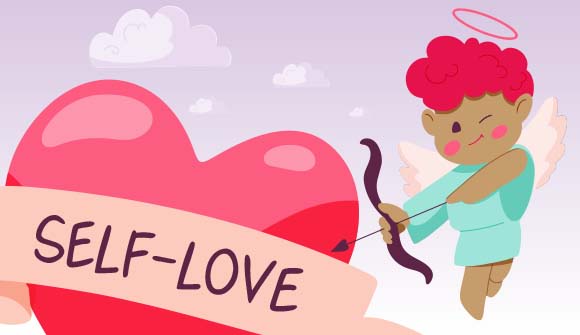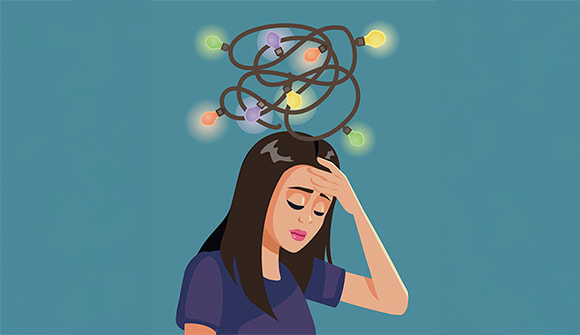Organized or OCD?
When obsessive thoughts disrupt daily life.
Article Author: Johnny Woodhouse
Article Date:

It’s your day off from work and instead of relaxing by a swimming pool you’d rather spend the day cleaning your house from top to bottom. Or maybe you’re someone who thrives on being organized and can’t live without sticky notes covering every inch of your workspace.
Does this make you: (a.) Someone with obsessive-compulsive disorder (OCD), or (b.) Someone who takes great satisfaction in a job well done.
Understanding OCD vs. organization
On their own, obsessive or compulsive personality traits don't constitute a mental illness. But when you can’t do your job because you’ve run out of sticky notes or can’t go out of the house for fear of leaving one germ behind, you may have a real mental health issue.
“What distinguishes an individual with true OCD from someone who is just really organized is the level of distress the person experiences, as well as an interference with functioning,” said Katie Mahon, PhD, a psychologist with Baptist Behavioral Health. “Everybody has obsessive thoughts from time to time. What’s not typical is when those thoughts interfere with normal functioning and may lead you to perform compulsive behaviors you don’t enjoy doing.”
Recognizing OCD symptoms early
According to the National Institute of Mental Health, OCD affects one in 40 adults in the U.S. and one in 100 children. The disorder can create a huge “time suck” for the individual, time that could be spent doing something more productive.
“If you find pleasure in cleaning and it’s something you want to do, and you're able to do all the other things you need to do, that’s considered adaptive, healthy functioning,” said Dr. Mahon, who treats adults and children. “But when you spend a lot of time organizing to the point where you can’t get anything else done and it causes a significant amount of distress, that may be something along the OCD spectrum.”
Some people can hide their OCD pretty well, Dr. Mahon added, and many live out their lives without ever seeking help.
“With OCD, there may be a really long lag time between the onset of symptoms and treatment,” she said. “In some studies, the average is about 10 years. As a teenager, I experienced some OCD-like symptoms and was fortunate to receive treatment. When I became a psychologist, I became interested in helping others with it.”
How ERP therapy helps OCD
One of the most effective treatments for OCD is something called “exposure with response prevention,” or ERP, which looks at the underlying processes that may cause behavior changes.
It involves exposure to the feared stimuli and simultaneous prevention of a ritual, which is typically performed in the face of the anxiety-provoking obsession.
For instance, a patient challenges his or her obsession of contamination by touching sinks and communal door handles and then goes to eat without being allowed to wash up first. After eating, the patient realizes he or she didn't become deathly ill and the fear is conquered.
“OCD can cause a significant amount of distress, but there are a lot of effective treatments for it,” said Dr. Mahon. “People don’t have to suffer in silence.”
Concerned about possible OCD symptoms?
If you suspect that you might suffer from OCD, make an appointment with your primary care physician who can refer you to a Baptist Behavioral Health specialist. To find the right provider for you, call 904.202.4YOU (4968) or fill out the appointment request form.



